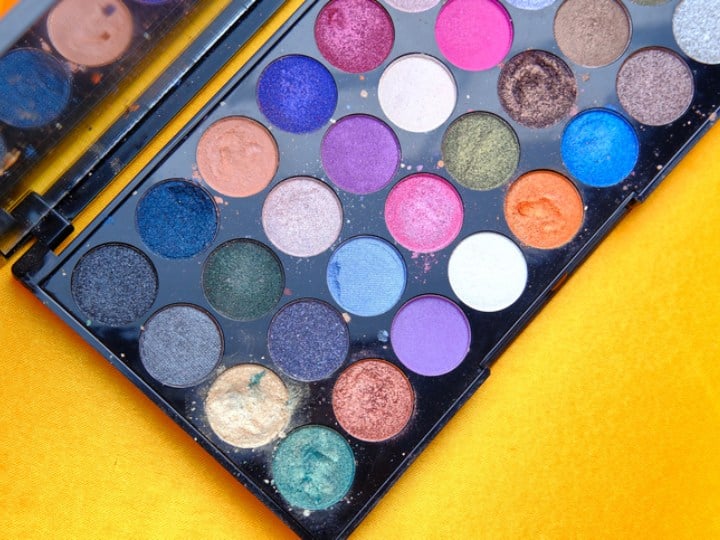Expert laboratory testing for PFAS in cosmetics supporting product development quality and safety.
PFAS in cosmetics are gaining more focus due to their potential health risks. PFAS, are a range of chemicals known for their exceptional stability and water-repellent properties due to strong carbon-fluorine bonds. These characteristics have made them ideal ingredients for use in various consumer products, including cosmetics, where they serve as emulsifiers, stabilizers, and texture enhancers. Despite their utility, concerns over PFAS persist due to their persistence in the environment and potential health risks associated with human exposure, such as cancer, liver damage, and developmental issues.
Regulatory Developments in Europe and the USA
Europe: The European Chemicals Agency (ECHA) is actively pursuing comprehensive restrictions on PFAS, including in cosmetics. France has already enacted stringent regulations banning PFAS in cosmetics effective from 2026, setting a precedent for broader EU-wide measures expected in the coming years.
USA: The Modernisation of Cosmetics Regulation Act of 2022 empowers the FDA to evaluate the safety of PFAS in cosmetics thoroughly. By December 2025, it is expected that the FDA will publish a safety assessment report on PFAS, enhancing regulatory oversight and consumer protection.
Testing and Screening for PFAS in Cosmetics
We use sensitive analytical techniques such as Liquid Chromatography with Tandem Mass Spectrometry (LC-MS/MS) to detect PFAS in cosmetics. These methods offer high precision and sensitivity, detecting PFAS at concentrations as low as parts per billion (ppb), or lower depending on sample matrix. Our scientists are experienced in screening, identification and determination of levels of PFAS even though complex sample matrices can present challenges to analytical methods.
The regulation of PFAS in cosmetics marks a pivotal step towards mitigating environmental contamination and safeguarding public health. Ongoing efforts in Europe and the USA underscore a global commitment to reducing PFAS exposure through stringent regulatory frameworks and advanced analytical methodologies. Given the diversity of PFAS compounds and their potential presence as impurities, understanding the risks associated with PFAS in cosmetics will become increasingly important and the meeting evolving regulatory restrictions will be critical to compliant and safe products. As part of our complete cosmetics testing services, our team will be monitoring this regulatory landscape and the development of analytical science to ensure that you receive accurate data on PFAS in cosmetics to make informed decision-making and meet regulatory requirements.
